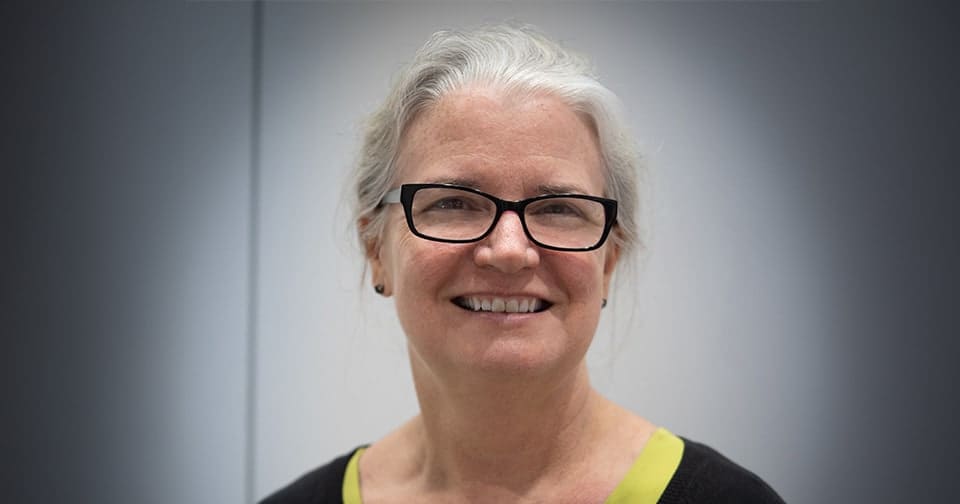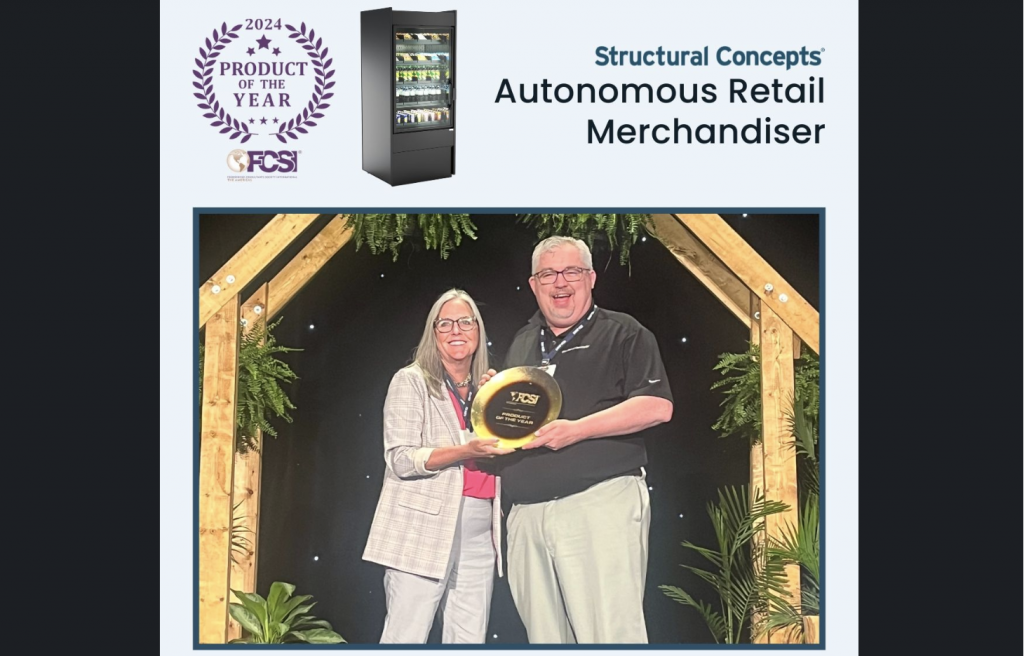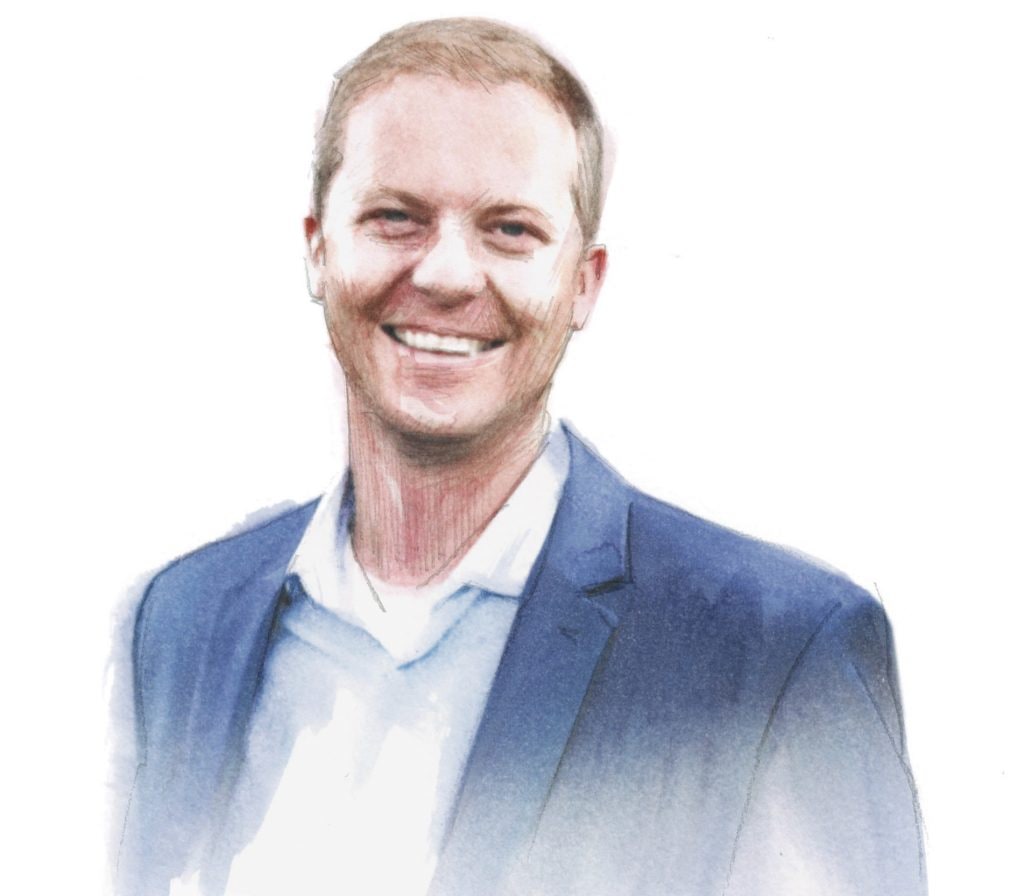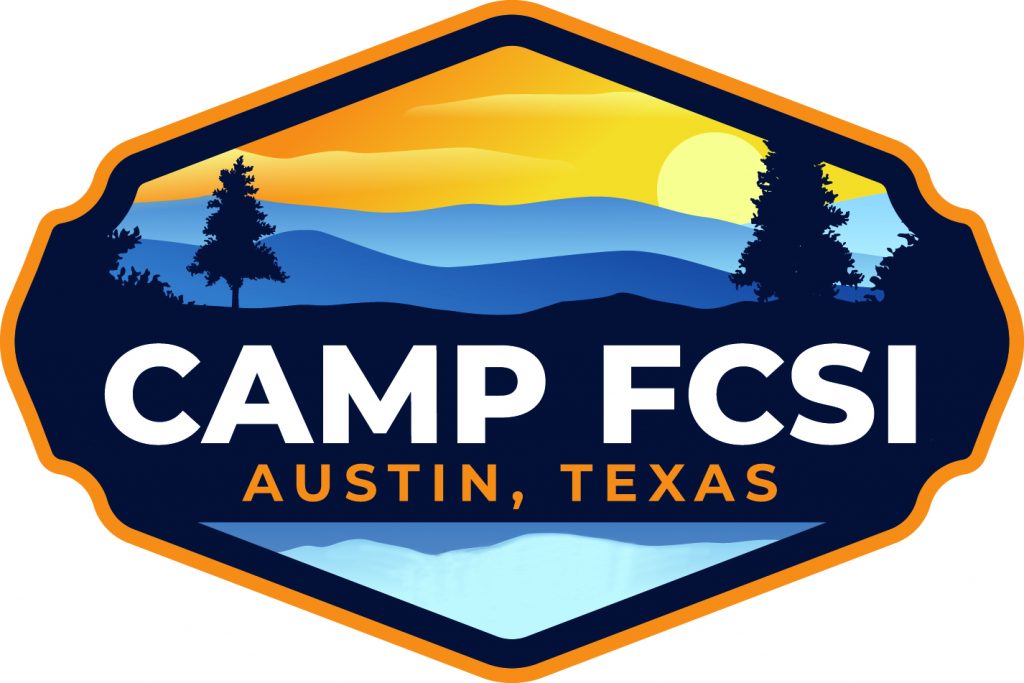
Growing up in Annapolis, Maryland, Pamela Eaton FCSI, LEED AP BD-C knew at a young age she was destined for the foodservice design industry – or at the very least, the foodservice sector in general.
“I grew up in the hospitality industry – my mom was running restaurants and often took me to the naval commissary where she worked,” she says. “My first experience with foodservice design was sitting at the dining table watching dad with drawings all laid out as he was designing Windows on the World at the World Trade Center, and listening to him talk about how he was designing the greatest bar in the world.”
“Dad” in this case is the legendary William (Bill) Eaton FFCSI, chairman of the board of Cini-Little International, and one of the earliest employees of the firm, back when it was called Cini-Grissom Associates in the 1970s.
“In sixth grade I wanted to be an archeologist, and in a different life I might have been an engineer, but I don’t know that there was a way out [of foodservice],” Eaton says with a chuckle. The chuckle’s on point, though, because she knew she had a deep down love for the industry – even before she would go on to become a highly successful, well-respected foodservice consultant, just like her father. “Archeology is a rich person’s hobby, anyway, my dad would always say.”
The early years
Indeed, Eaton’s work ethic has been one of the pillars of her success, and her interest in engineering is pertinent. “As consultants, we have to have a working knowledge of electrical, chemical, plumbing and mechanical systems because we touch all those areas,” she says.
Having a strong operational background also helps in foodservice design – something Eaton senior instilled in the young Pamela, and later as she began to follow in his footsteps. When she graduated from Cornell University’s School of Hotel Administration (where her father also went), it was he who had set the policy in place at Cini-Little that new applicants had to have at least five years of operational experience before entering design.
Determined to get there, Eaton put in her hours, clocking nights and weekends at high-end restaurants and chain restaurants, and serving as food and beverage director for a hotel. When she approached the five-year mark, she admits she went around her dad to ask a partner at Cini-Little what design opportunities might be available. There weren’t any at the time, but there was an opening in the marketing department. She took it with the idea that she might move over to design when the opportunity arose. “It ended up being seven years. I guess I was better at the job than expected, and they didn’t want me to switch.”
This marketing experience – together with some solid operations experience – proved useful in the long run. Eaton’s self-described “encyclopedic knowledge” of the firm’s projects helped her take a more holistic approach to foodservice design and business management. “I got to go to conferences and meet people. I still stay involved with one of the major associations for the marketing community.”
Design highlights
Needless to say, she spent the next 15 years as a designer at Cini-Little, progressing from project associate to project manager. She worked on a number of high-profile projects in almost every segment of the industry, with a focus on governments and institutions, military facilities, schools and universities, corporate cafeterias and high-volume hotels.
This work included, in the mid 2000s, a major renovation at Metropolitan Community College, Nebraska; and the development of a new dining hall at the basic training complex at Fort Benning, Georgia. Here, she was tasked with building a kitchen to feed the 2,400 trainees, plus all instructors and associated personnel, in a 90-minute period, three times a day.
Eaton’s LEED AP credentials are for expertise in the design and construction of green buildings, and she put these into practice in the modernizing of Stoddert Elementary School, Washington DC, in 2009/10. The facility was certified Gold under the LEED green building rating system in 2012, the same year it was named a Green Ribbon School by the US Department of Education – an award recognizing progress in environmental sustainability, health and wellness.
In the late 2010s, as project manager, she worked on the concept development, bid work, design/drawings, equipment selection and construction oversight for a number of high-profile projects such as the Salamander Resort & Spa in Middleburg, Virginia; the Sagamore Pendry Baltimore hotel; GSK’s headquarters in Upper Providence, Pennsylvania; and the Niagara Falls Culinary Institute in New York.
If she had to pick a favorite, it might be the New Orleans Culinary & Hospitality Institute (NOCHI), which opened in 2019. “I was project manager and left toward the end of construction,” she says. “It was such a great concept – it was wonderful to be involved in that kind of effort to help the community and further education, and help people connect with their passions.”
During her tenure at Cini-Little, Eaton recalls: “I never got to ride camels in Egypt or explore the beaches of Trinidad like my dad did in his travels, but I did get to go to Korea with the Department of Defense to work on K-12 schools at military bases, and I’ve traveled all throughout the country.”
Branching out
After 22 years at Cini-Little, Eaton decided it was time to move on. She took a short break in 2017 to work with Greg Christian of Beyond Green Partners on K-12 schools in Virginia Beach and elsewhere, building kitchens to support from-scratch cooking, plant-forward menus, and reduced waste, with a zero-carbon footprint as the end goal.
“I found that kids were interested in trying things besides chicken nuggets, and you didn’t have to serve powdered beef gravy at the hospital, and that plenty of people would very much go for a vegetarian meal,” says Eaton.
Her work in this space even took her to Hawaii. Though the opportunity arose to relocate to the Paradise of the Pacific full-time, at this point, Eaton had a family that included a husband and a 13-year-old son, and wasn’t ready to make that move. Instead, she connected with Nahum Goldberg FCSI of California-based NGAssociates, who hired her as a project manager on a contract basis; and with the closer-to-home Culinary Advisors, where she served as an interim project manager when two associates happened to go on maternity leave at the same time.
“I was working from home, doing some work with Greg, Culinary Advisors and NGA, and then the world ended,” says Eaton, referring to the start of the Covid-19 pandemic.
Value in education
While projects and travel initially stalled, Eaton says the silver lining was an increase in creativity and enhanced efficiencies in the way “we communicate and collaborate.” She dove into webinars and online classes to continue her learning about the latest industry developments, equipment and technology.
Eventually, the projects picked up again. She’s since joined NGAssociates as a project manager/design and operations consultant. “Currently, I am working on a large market hall and a large hospital for the VA [military veterans] in California,” she says.
Eaton still puts her LEED AP credentials to work. Most notably, she’s proud of two recent projects that were certified LEED Platinum, the rating system’s highest certification: LinkedIn offices in Toronto, Canada, and Zions Bank in Midvale, Utah, just outside of Salt Lake City.
Other recent openings include a commissary for LinkedIn’s Sunnyvale, California campus and a new facility for Exelixis in nearby Alameda. NGAssociates’ tech projects have picked up again, even as people continue to work from home.
“Campus populations are lower overall, but there are people in different buildings, so we’re more focused on how we can service employees from those different areas,” Eaton says, noting that the solution is sometimes a cross between ghost kitchens, deliveries, central commissaries, and satellite kitchens – all outfitted with the latest innovations in equipment and technology, of course. (combi ovens are “perennially at the top of the list,” she says, when asked her go-to piece of equipment.)
It’s an exciting time to be in corporate dining, for sure, Eaton says, and she’s putting the lessons learned and creativity gained from the pandemic to test. “We’re also seeing more companies go back to the sustainability goals they had just before the pandemic,” she says. Her LEED projects and recent commissions on green school kitchens have helped with that.
Outside of regular work, Eaton remains active in FCSI. “I was on the ICON Committee years ago, which was an effort to bring more younger professionals into the association,” she says. As previously mentioned, Eaton remains involved with the Society for Marketing Professional Services (SMPS), for marketers and business development managers in the architectural/engineering/construction industry (she served as president of the Maryland chapter in 2000). She is also on the programming committee for the US Green Building Council Maryland.
Looking ahead, “the more I learn about how to live more sustainably, the more aggressively I want to pursue those goals,” she says. “I want to figure out a way to better lead the world, and my chunk of it in particular, towards a better way of living. I’m still working through how to best leverage my work as a foodservice consultant towards that.”
Amelia Levin




